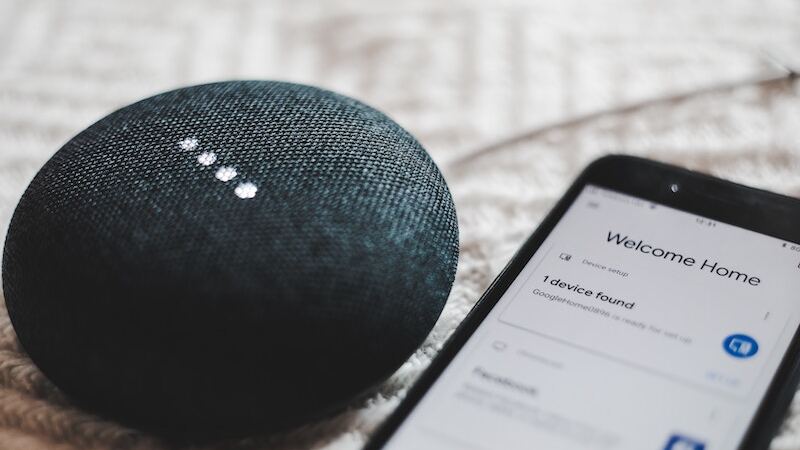Connecting...
How the Smart Home Era is changing HVAC
over 6 years ago Empty Jason Thornhill

As legislation in the building services sector continues to drive change aimed at reducing carbon emissions and improving efficiency, HVAC manufacturers are finding new ways to use technology to achieve smarter, cleaner and more energy efficient homes and workplaces.
The heating, ventilation and air conditioning industry is expanding as a result, with new companies entering the arena to bridge the gap between data-led energy management and traditional HVAC services.
Our latest Best Companies to Work For survey saw some interesting new entries compared to previous years and some of these were in the smart homes sector. Companies like these are working closely with other HVAC manufacturers to offer contractors technology led solutions.
So what changes can we expect to see in an industry that is at the forefront of energy management?
HVAC automation improves comfort and air quality, reduces energy use and can alert users and maintenance teams to faults quickly, thus improving safety. Here are a few developments in automation that could change the shape of the industry in the coming years:
Motion activation
Many buildings now have lighting that comes on automatically when someone enters a room and switches itself off when the space is not in use. Now we are starting to see this technology make its mark in HVAC too. Air conditioning systems, for example, are now being designed with sensors that detect movement and activate controls. This innovation could have a huge impact on the running costs of air conditioning systems.
Voice activation
The affordability of voice control systems like Alexa has encouraged everyday home owners to introduce a little smart technology into their houses. As people become more accustomed to asking Alexa to switch on their lights or choose their music, the doors are open for more significant advances that will allow users to adjust their heating controls, ventilation and air conditioning systems with voice commands.
Diagnostics
We have spoken before about how the Internet of Things is helping HVAC companies gather data from HVAC appliances and systems to alert maintenance teams to faults and aid product development. Data capture can be useful in diagnostics, provide information on performance and measure how different environmental conditions have an impact on efficiency. Looking further ahead, artificial intelligence could take smart monitoring to a whole new level.
Interested in a career in HVAC engineering and technology? Browse our latest vacancies.
